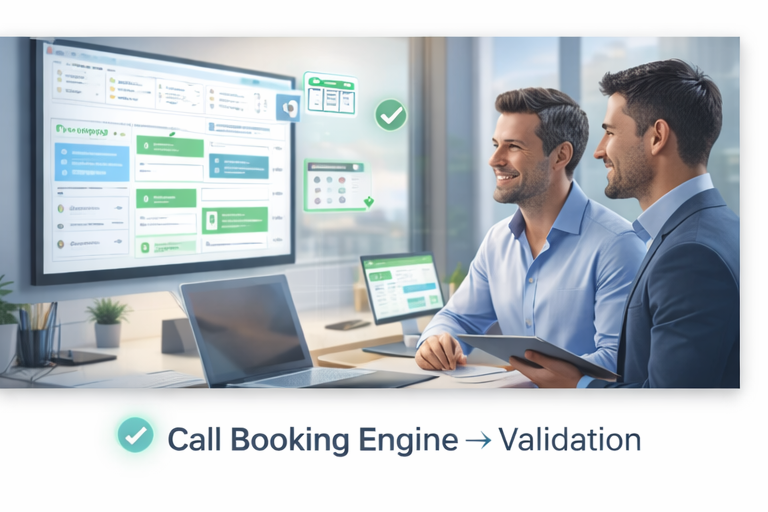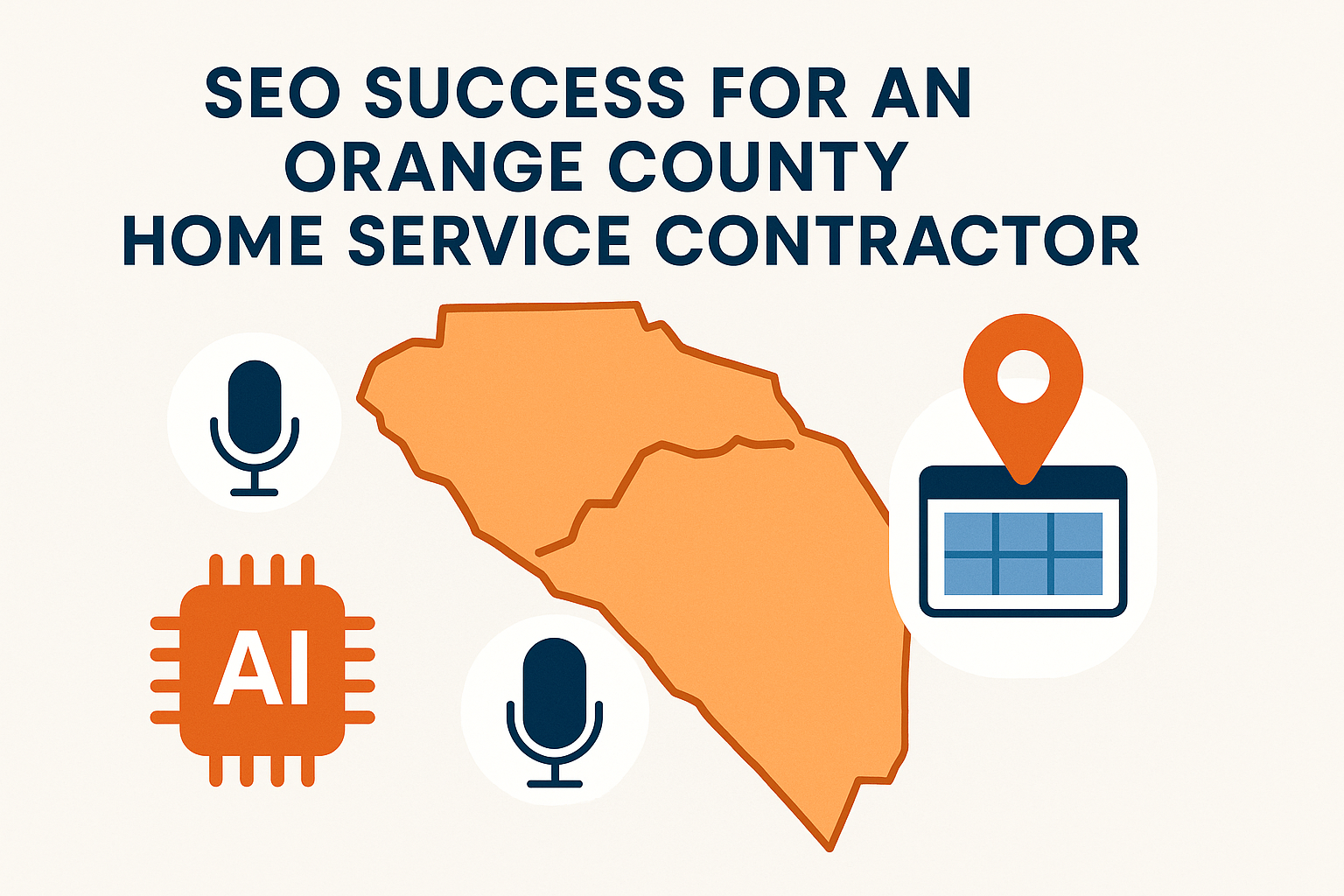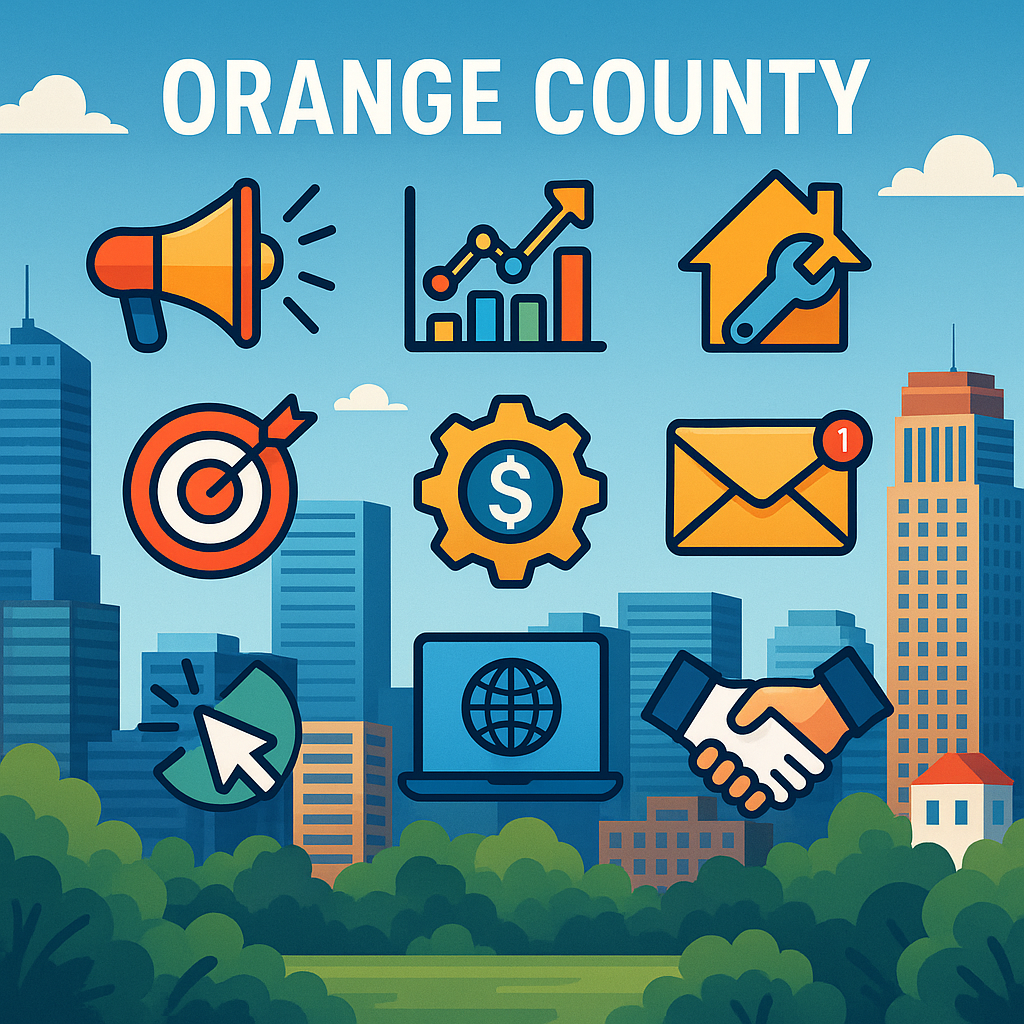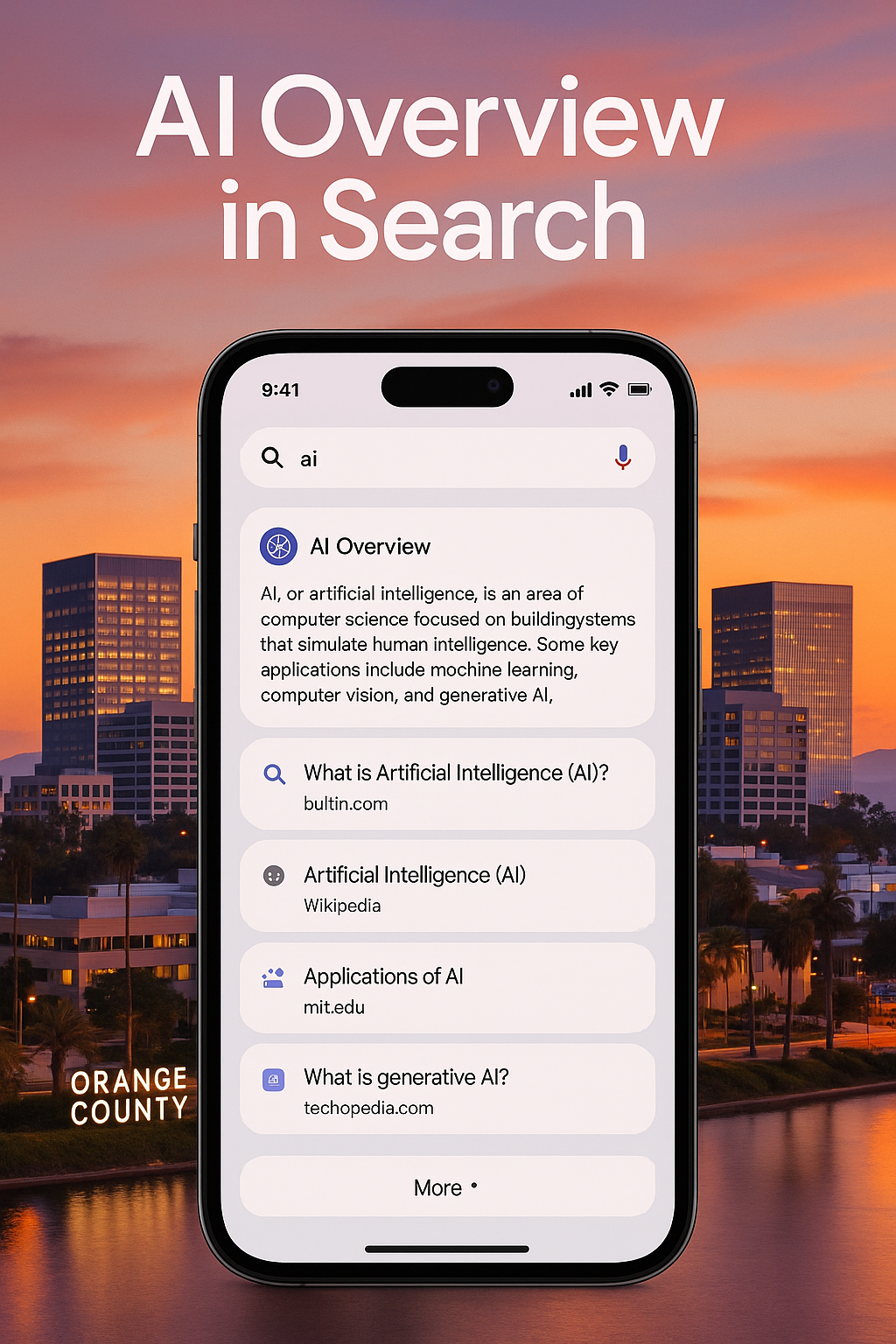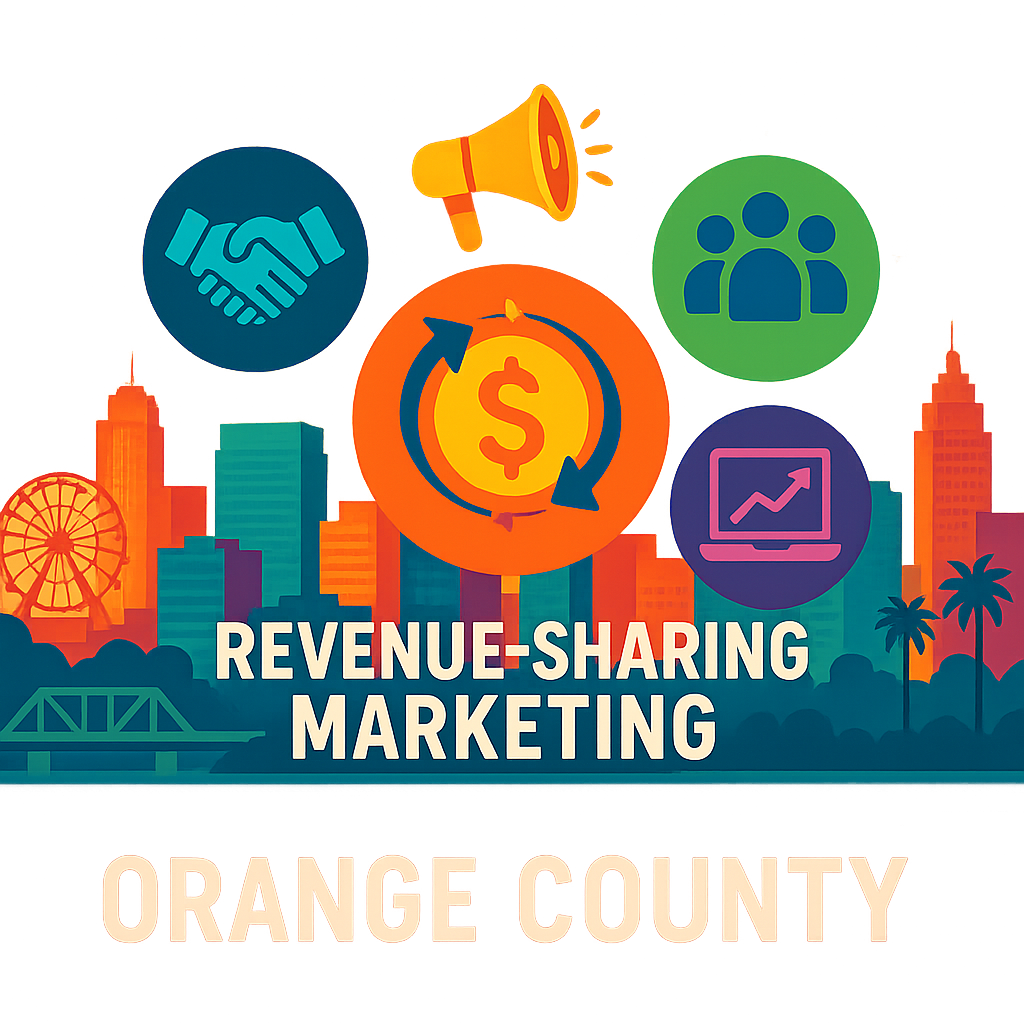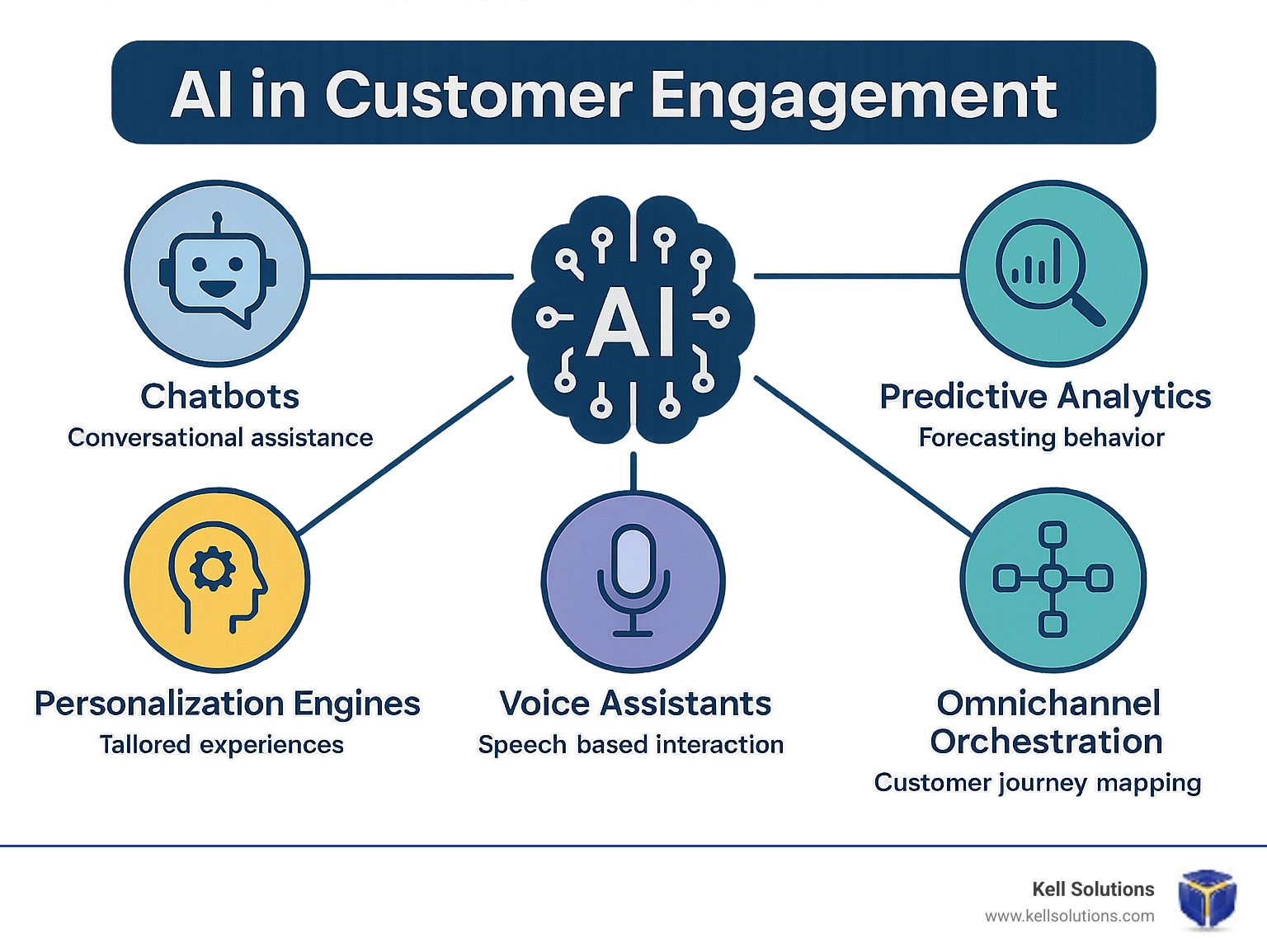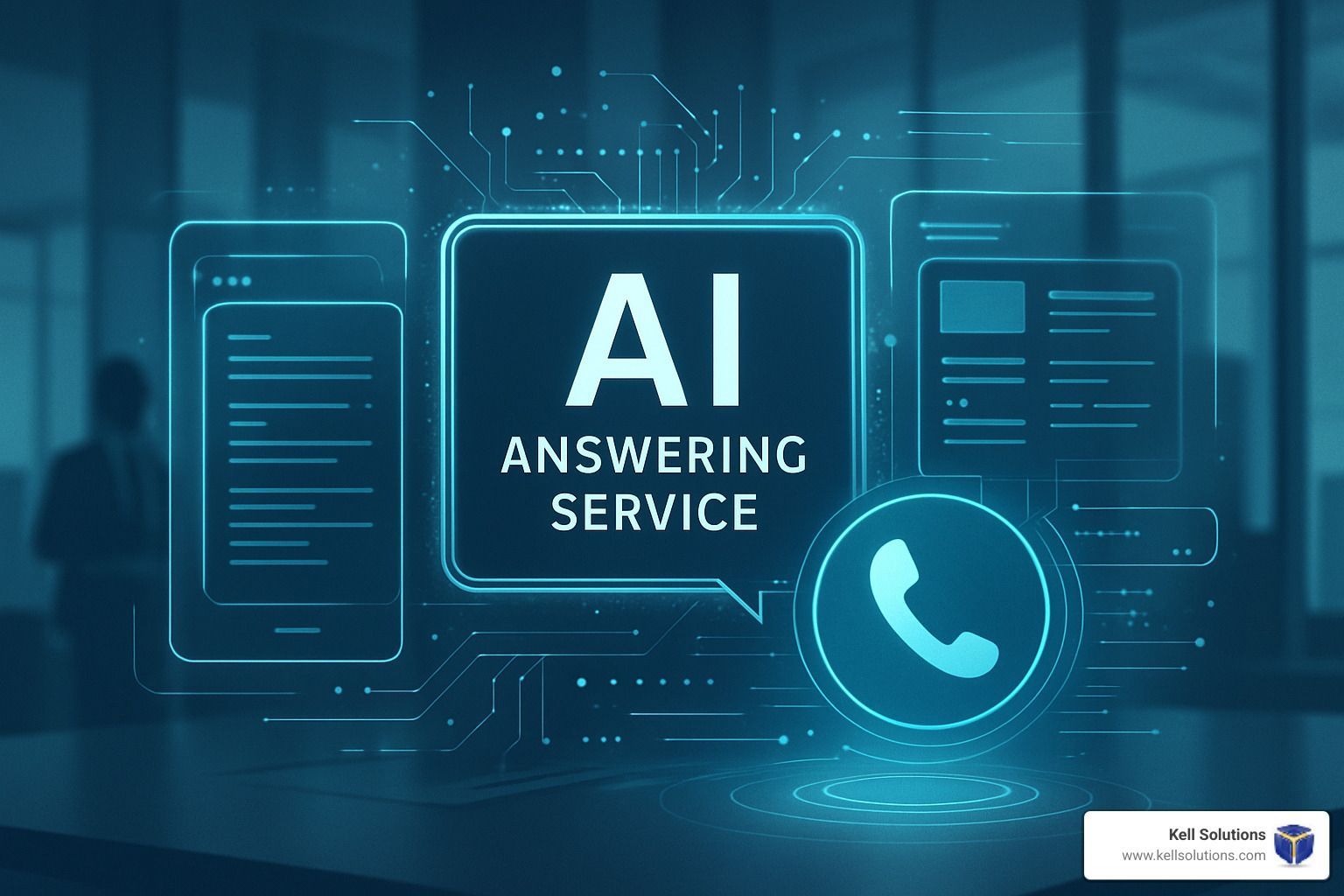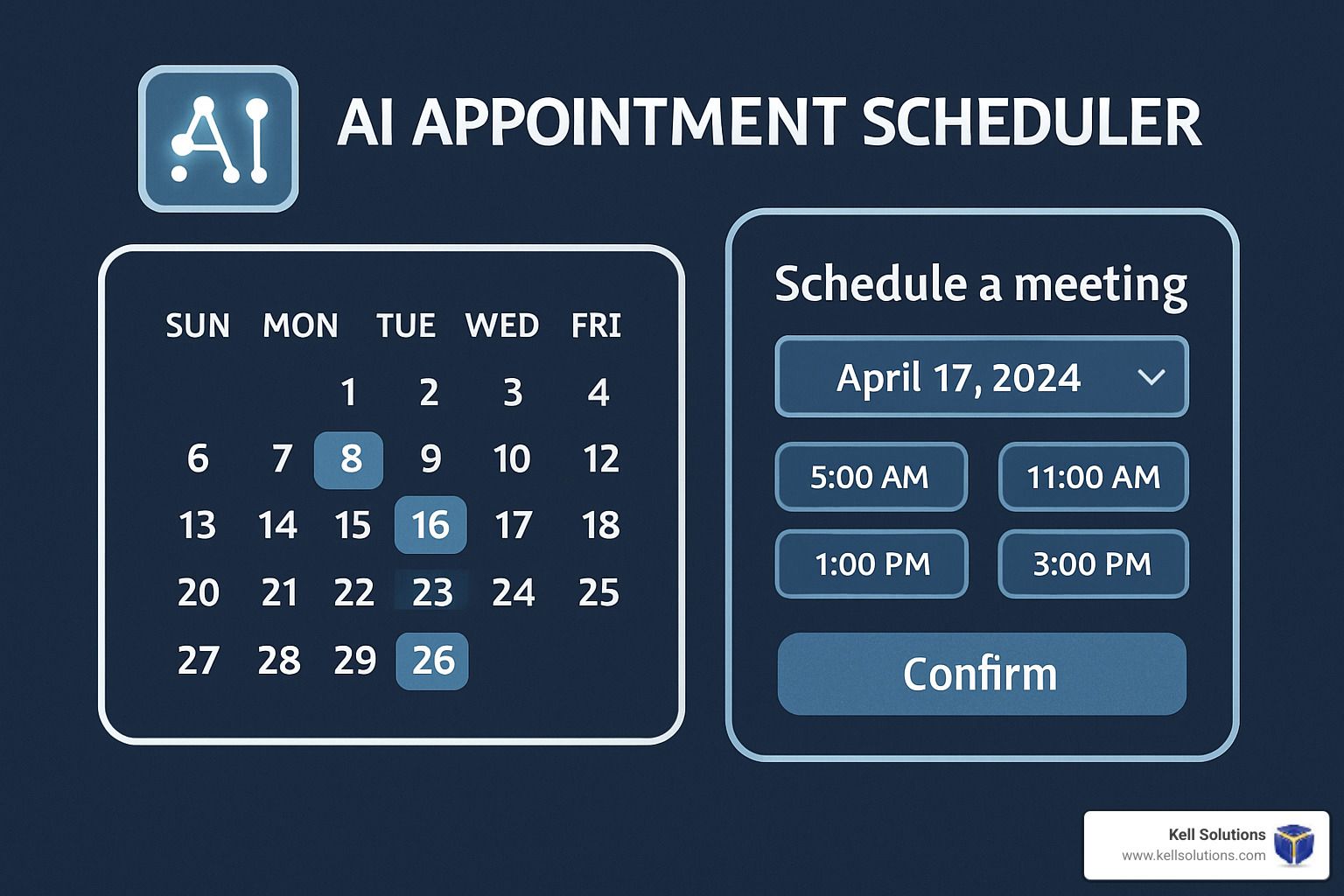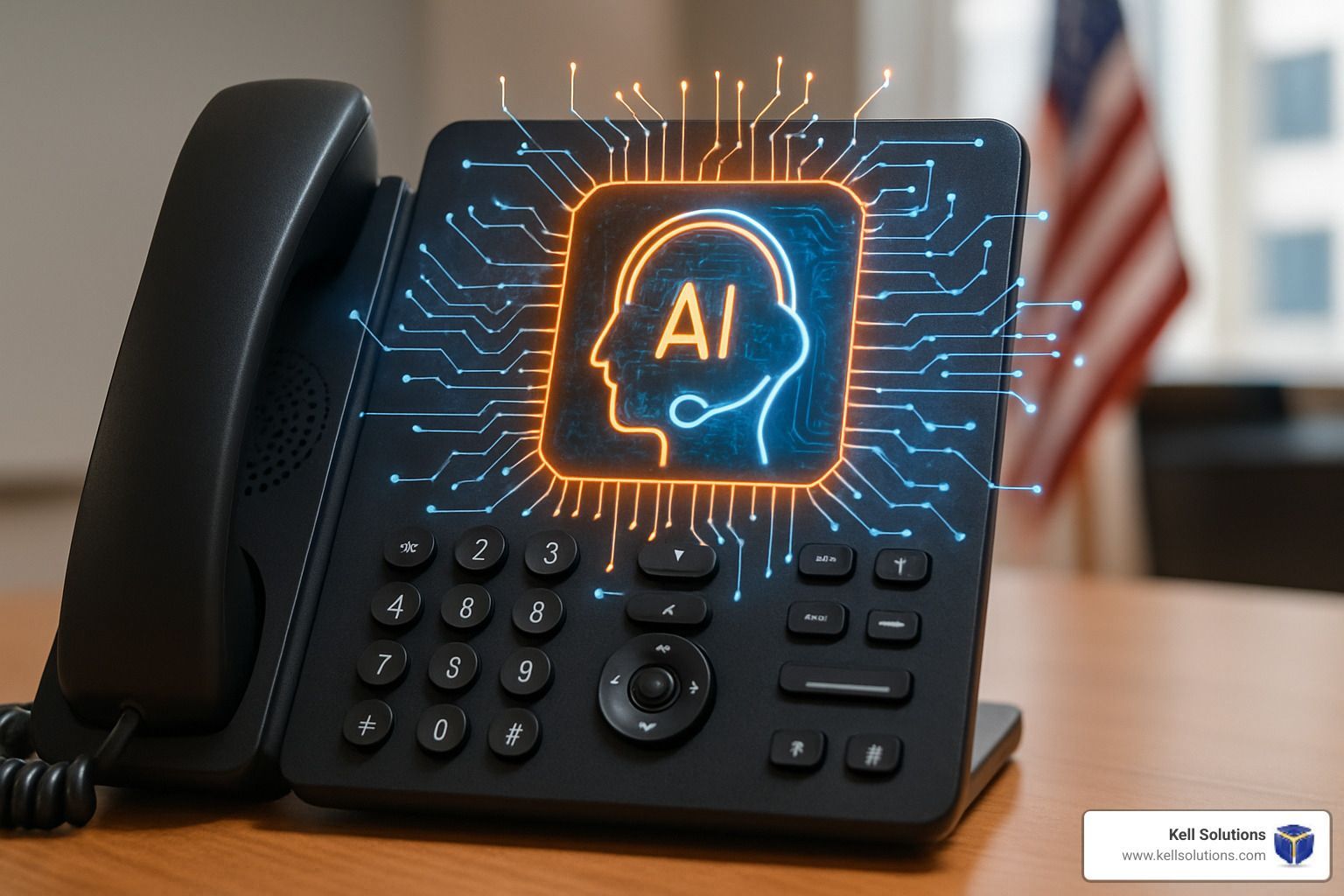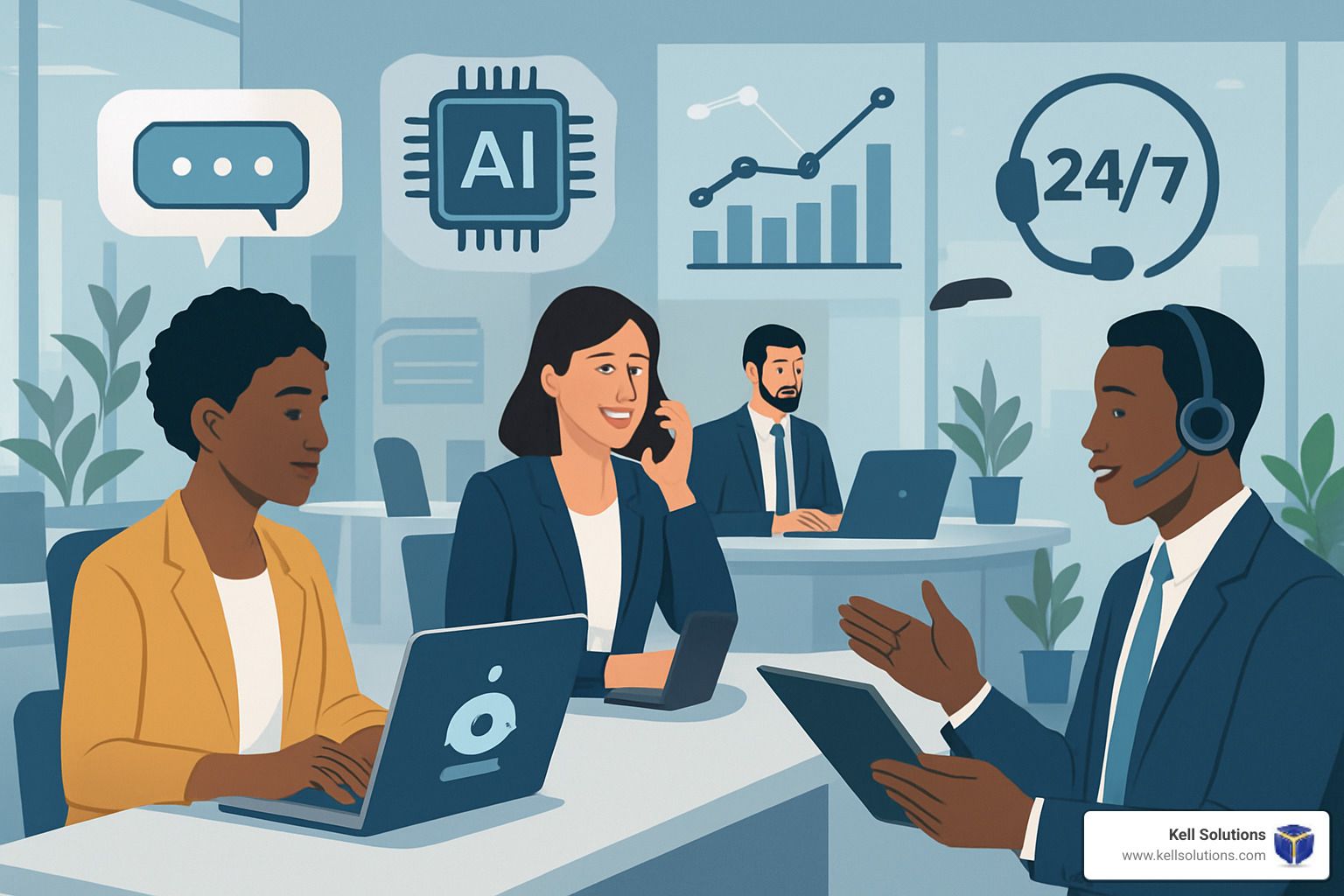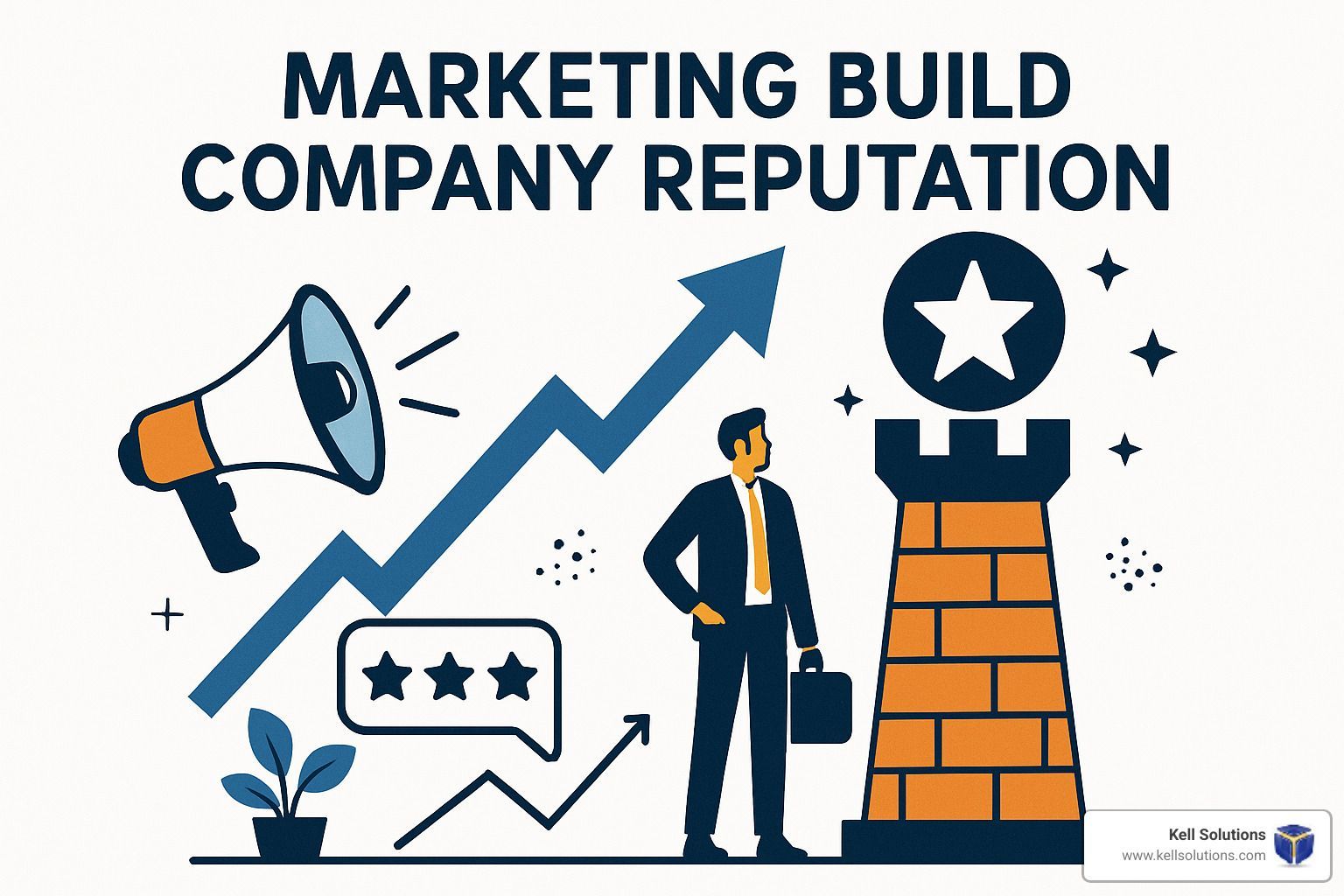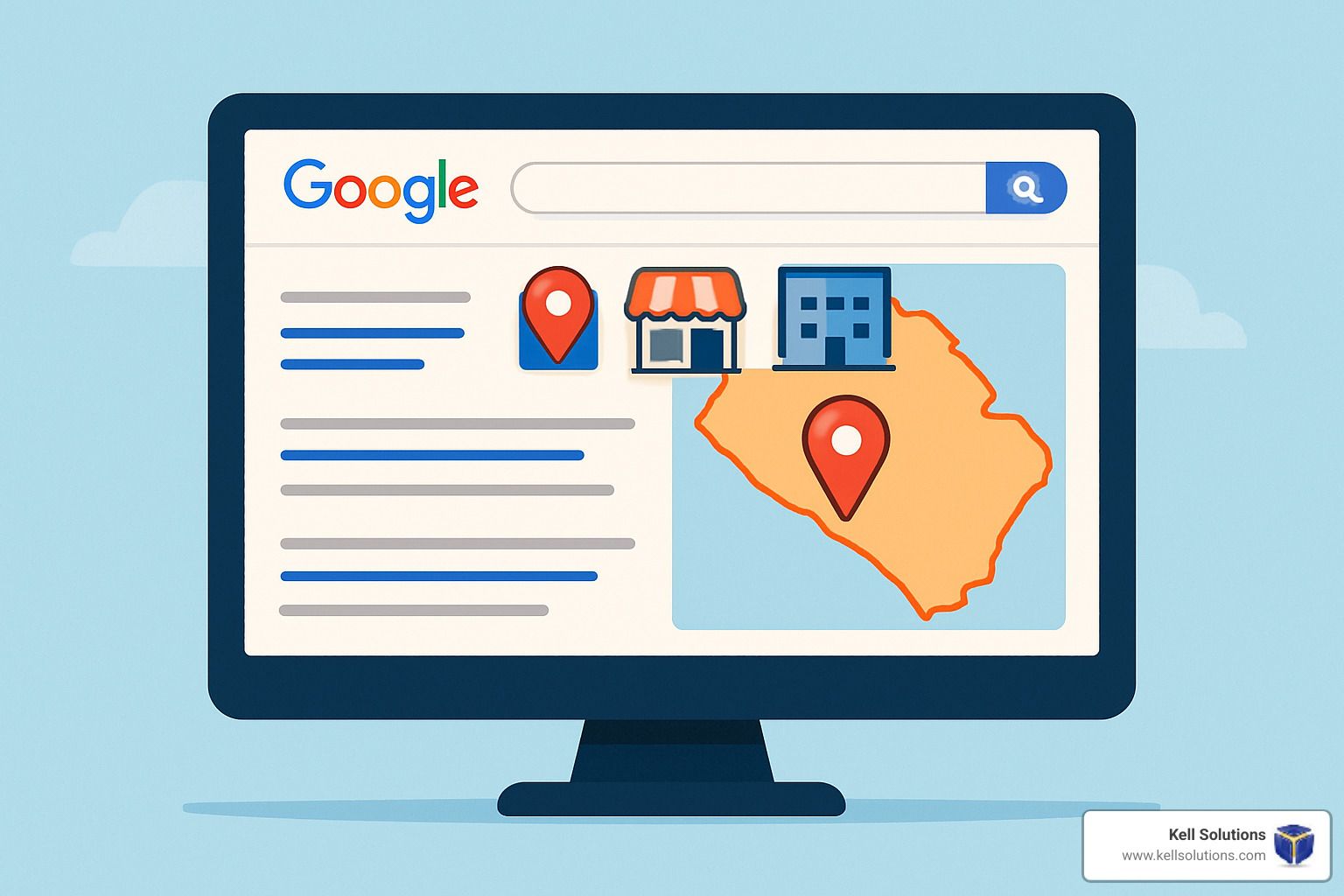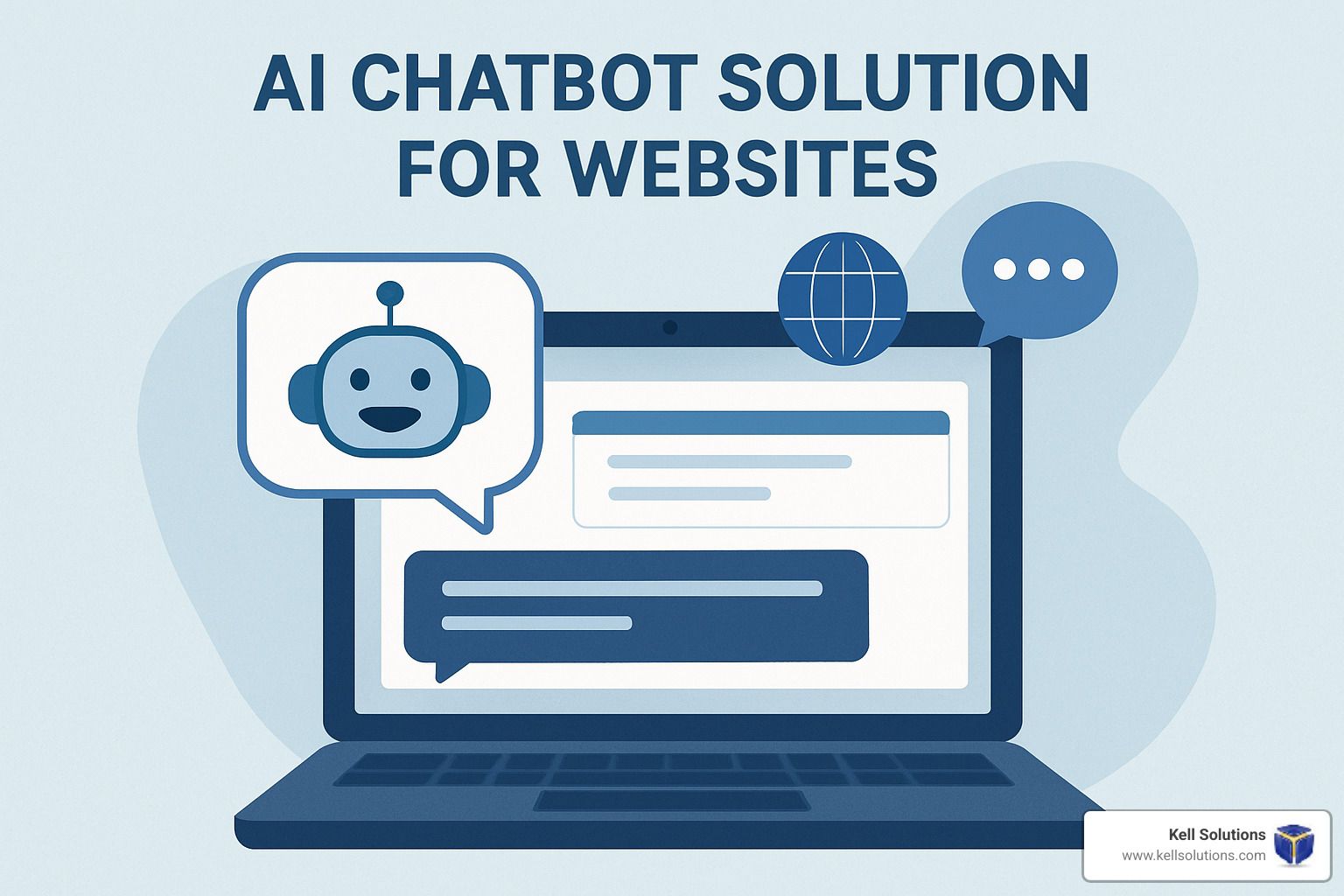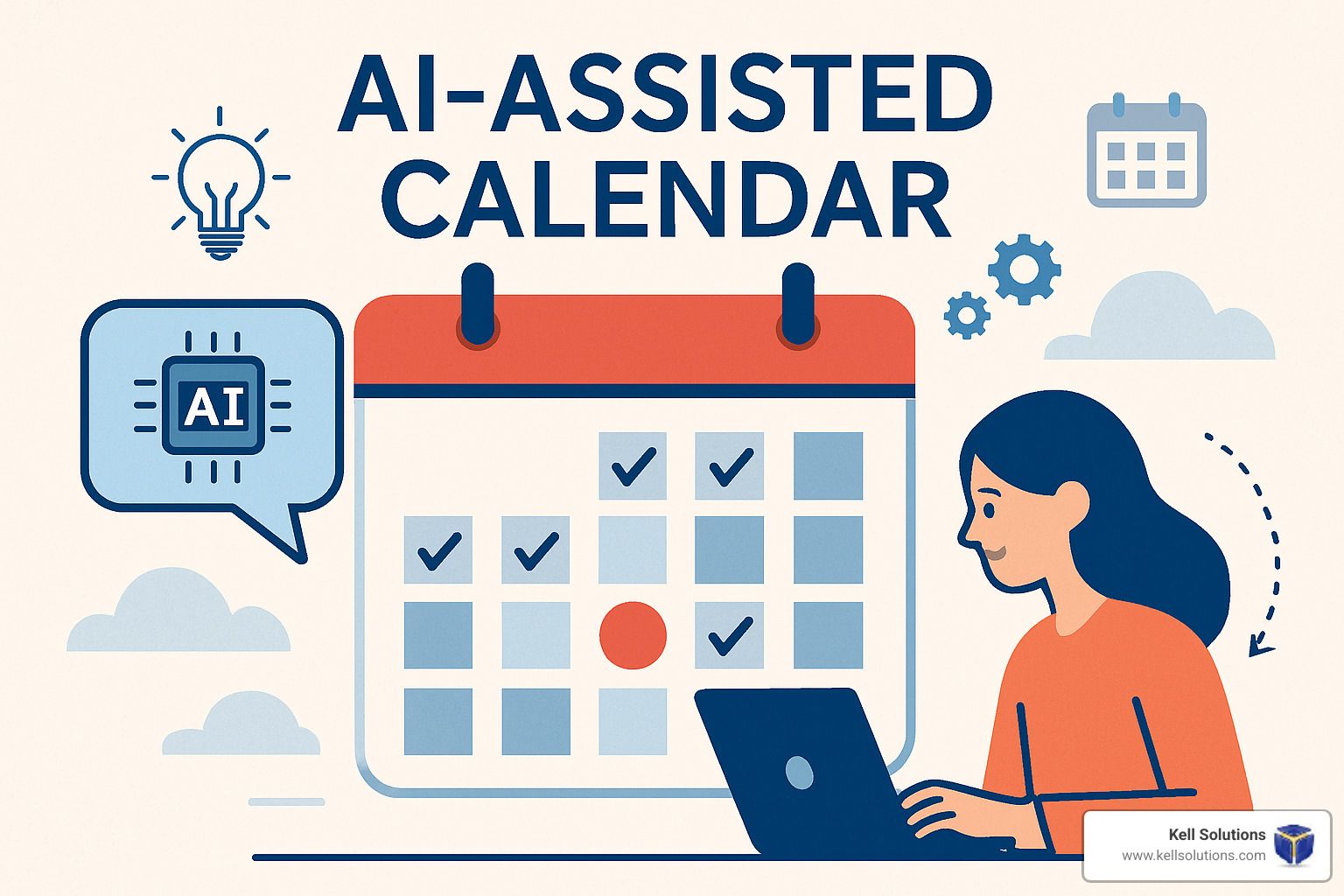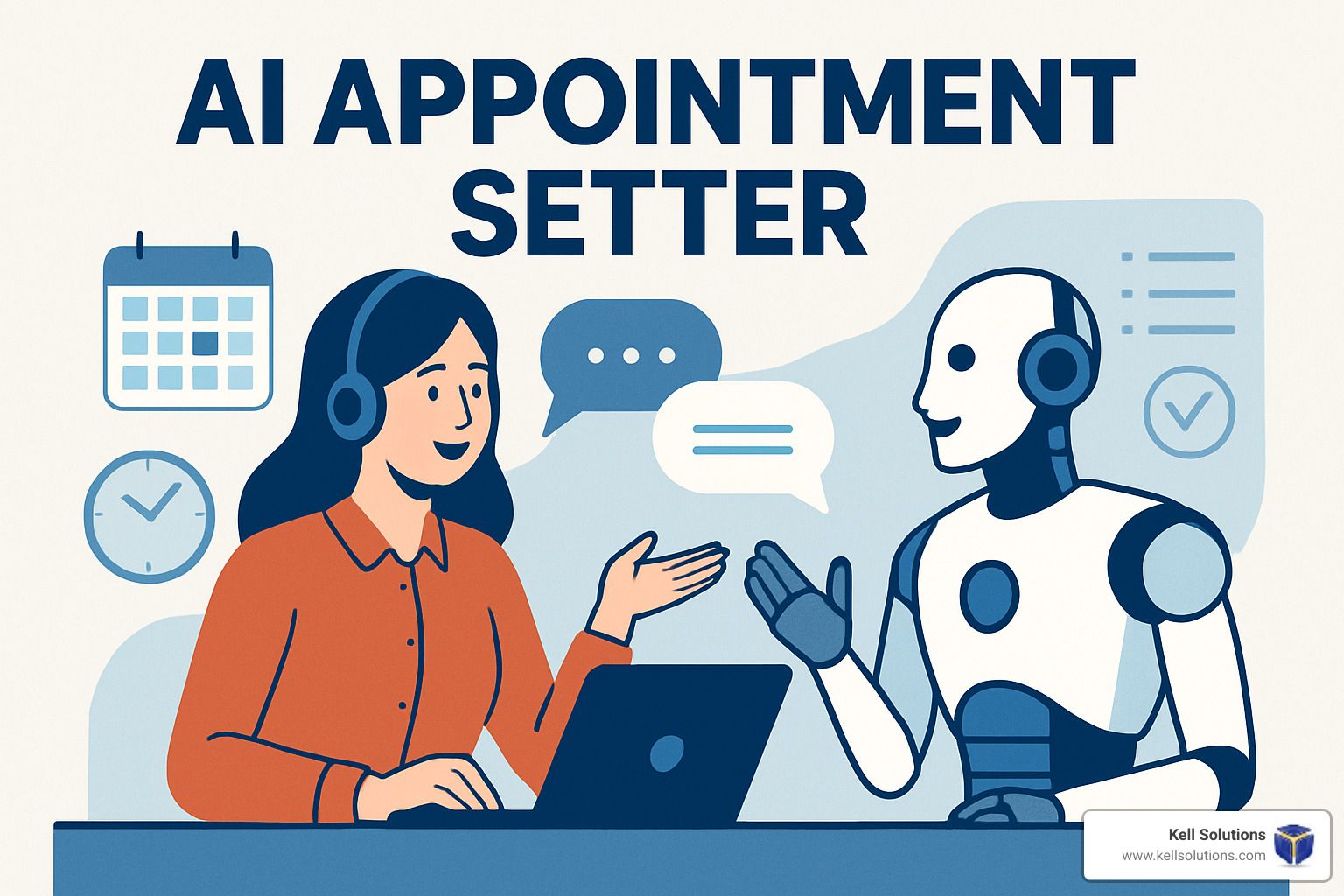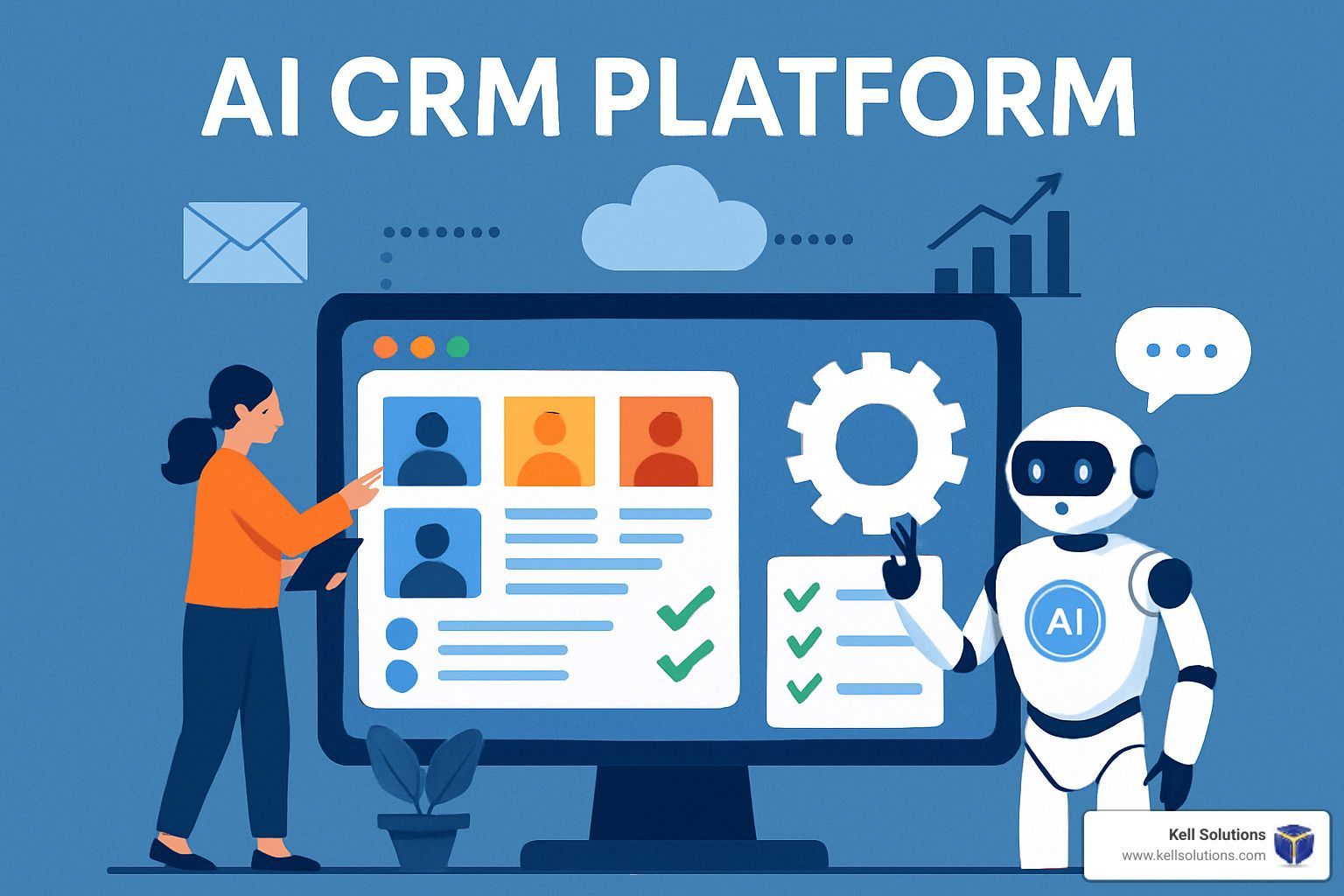Receptionists Wanted: How to Hire the Perfect Front Desk Face
Why Finding the Right Front Desk Receptionist is Critical for Your Business Success
A front desk receptionist serves as the first point of contact for your business, greeting visitors, managing phone calls, and handling administrative tasks that keep operations running smoothly. Here's what you need to know:
Key Responsibilities:
- Greeting and directing visitors professionally
- Answering and routing incoming phone calls
- Scheduling appointments and managing calendars
- Handling mail distribution and basic administrative tasks
- Maintaining reception area security and organization
Essential Qualifications:
- High school diploma or equivalent
- Strong communication and customer service skills
- Basic computer proficiency (Microsoft Office, scheduling software)
- Professional appearance and demeanor
- Ability to multitask under pressure
2024 Salary Range:
- Median annual pay: $37,230 ($17.90 per hour)
- Range: $28,320 - $48,900 depending on industry and location
- Healthcare settings typically pay above average at $18.47/hour
The receptionist role has evolved far beyond simple greeting duties. Today's front desk professionals are communication hubs who shape customer experience and support business operations across healthcare, hospitality, corporate, and professional service environments.
With over 137,800 annual job openings expected despite a slight employment decline, competition for quality candidates remains strong. The challenge isn't just finding someone to fill the seat - it's finding the right person who can represent your brand professionally while handling the diverse responsibilities that modern reception work demands.
As Gregg Kell, founder of Kell Web Solutions, I've helped hundreds of small businesses optimize their customer communication strategies, including front desk receptionist hiring and AI-powered reception solutions. Through my work with professional service firms, I've seen how the right reception strategy can transform customer experience and business growth.

The Essential Front Desk Receptionist Role & Outlook
The front desk receptionist position continues to be the backbone of business operations across countless industries. Think about it - they're often the very first person customers meet, setting the tone for every interaction that follows. According to the U.S. Bureau of Labor Statistics, receptionists held about 1,054,500 jobs in 2023, with nearly half working in healthcare and social assistance settings.
Here's what's interesting about the current job market: while technology keeps advancing, these professionals remain the essential human connection between businesses and their customers. There's something irreplaceable about a warm greeting and genuine human interaction that even the most sophisticated systems can't fully replicate.
The employment outlook presents a fascinating puzzle. Overall employment is projected to decline slightly by 1% from 2023 to 2033, yet approximately 137,800 openings are expected annually. Why? Worker turnover and retirements create consistent opportunities for businesses seeking quality candidates. This makes retention strategies more important than ever.
The impact of automation is real but nuanced. While basic tasks like call routing and appointment scheduling can be automated, the customer experience aspects - reading body language, handling complex situations with empathy, and building relationships - remain distinctly human skills that drive business success.
Key Responsibilities Across Settings
Today's front desk receptionist handles an impressive range of responsibilities that go far beyond the traditional "answer phones and greet visitors" description. The core remains consistent, but the scope has expanded dramatically.
Every receptionist masters the fundamentals: greeting visitors with professionalism and warmth, managing multi-line phone systems while juggling multiple conversations, and scheduling appointments with precision. They handle mail distribution, maintain security protocols for visitor access, and often process payments or basic administrative tasks.
But here's where it gets interesting - the role varies significantly by industry. In healthcare settings, receptionists collect insurance information, maintain strict HIPAA compliance, and coordinate complex medical scheduling. Corporate environments require managing visitor badges, booking conference rooms, and supporting executive calendars with military precision.
Hospitality receptionists focus on guest check-ins and check-outs, handling reservations, and serving as local ambassadors with recommendations. Meanwhile, legal office receptionists maintain absolute client confidentiality, manage sensitive documents, and coordinate court schedules that can't afford mistakes.
The modern reception role has evolved into something much more dynamic. Today's professionals often troubleshoot basic technology issues, monitor social media mentions, and even handle light bookkeeping in smaller organizations. They've become true communication hubs rather than simple gatekeepers.
How the Role Differs From Similar Titles
Understanding the distinctions between similar front desk positions is crucial for crafting accurate job descriptions and attracting the right candidates. While the titles might sound similar, the day-to-day realities can be quite different.
A front desk receptionist typically handles the broadest scope of responsibilities, focusing on visitor interaction and general administration across multiple industries. They're the Swiss Army knife of office professionals - versatile, adaptable, and customer-focused.
Front desk agents, however, specialize in hospitality-specific guest services. They're experts in room management, guest experience optimization, and the unique challenges of hotel or resort environments. Their skills center around creating memorable stays rather than general office administration.
Front office clerks lean heavily toward administrative processing and filing systems. While they might greet occasional visitors, their primary focus is document management and data entry rather than customer service excellence.
Administrative assistants operate at a higher level, providing executive support and project coordination. They typically handle less front-facing duties and more behind-the-scenes strategic work.
These distinctions matter significantly when determining compensation levels and sourcing candidates. A hospitality front desk agent brings different expertise than a medical office receptionist, even though both excel at customer service. Understanding these nuances helps businesses attract candidates with relevant experience and set realistic performance expectations.
Latest research on receptionist employment confirms that recognizing these role differences is key to successful hiring. The more precisely you define the position, the better candidates you'll attract - and the more likely they'll succeed in your specific environment.
Creating the Perfect Job Description & Success Profile
Writing a compelling job description for a front desk receptionist is like creating the perfect first impression – it needs to be clear, welcoming, and honest about what you're looking for. After helping hundreds of businesses optimize their customer communication strategies, I've learned that the best job descriptions don't just list duties; they tell a story about why this role matters.
The secret sauce? Balance comprehensive requirements with genuine excitement about your company culture. When candidates can picture themselves thriving in your environment, you'll attract people who genuinely want to be there, not just anyone looking for a paycheck.
Your job description should paint a picture of growth and purpose. Front desk receptionists who understand their impact on customer experience and business success are far more likely to excel and stick around long-term. Nobody wants to feel like they're just answering phones – they want to know they're the friendly voice that makes someone's day better.
Must-Have Skills & Certifications for a Front Desk Receptionist
Let's be honest – finding someone who can juggle multiple phone lines while greeting visitors and maintaining their sunny disposition isn't always easy. But when you know exactly what to look for, the search becomes much more focused.
Technical skills form the foundation of success. Your ideal candidate should be comfortable with Microsoft Office Suite, especially Outlook for email management and Excel for basic data entry. They'll need to master your multi-line phone system quickly and handle scheduling software like Calendly or Acuity without breaking a sweat. Basic computer troubleshooting skills are a bonus – nothing worse than a frozen computer during a busy morning!
Soft skills often make or break the role. Excellent verbal and written communication tops the list, followed closely by the ability to stay professional under pressure. Active listening and empathy are crucial because your front desk receptionist will encounter frustrated customers, confused visitors, and everything in between. Problem-solving skills and cultural sensitivity round out the must-haves in our increasingly diverse business world.
Industry-specific certifications can set candidates apart. Healthcare practices need HIPAA compliance training and basic medical terminology knowledge. Legal offices require confidentiality protocols and document handling experience. Corporate environments often need security awareness and visitor management system familiarity. Hospitality settings value customer service excellence and property management system experience.
Here's something interesting: research shows that receptionists with strong emotional intelligence significantly boost customer satisfaction scores. Since 58% of customers will switch companies after just one negative experience, your front desk receptionist literally holds customer retention in their hands.
Writing an Irresistible Job Ad
Creating a job ad that attracts top talent starts with a title that sparks interest. Skip the boring "Receptionist Wanted" and try something like "Front Desk Receptionist - Be the Face of Our Growing Practice" or "Customer Experience Coordinator (Front Desk)." These titles immediately communicate that this isn't just about answering phones.
Your opening hook should connect candidates to your mission. Instead of diving straight into duties, start with why this role matters to your company's success. Then organize responsibilities in order of importance and frequency – put the most critical tasks first when attention spans are highest.
Be crystal clear about required versus preferred qualifications. Nothing frustrates job seekers more than unclear expectations. Highlight growth opportunities and professional development options because ambitious candidates want to know where this role could lead them.
| Setting | Primary Duties | Unique Requirements |
|---|---|---|
| Corporate Office | Visitor management, call routing, executive support | Security protocols, professional attire, confidentiality |
| Medical Practice | Patient scheduling, insurance verification, HIPAA compliance | Medical terminology, empathy, detail orientation |
| Hospitality | Guest services, reservations, local recommendations | Weekend availability, problem-solving, cultural awareness |
Don't forget to showcase your company culture. What makes working at your business special? Flexible scheduling? Team lunches? Professional development opportunities? These details help candidates envision themselves as part of your team.
Salary transparency, when possible, saves everyone time and builds trust from the start. If you can't share exact numbers, provide a range or mention that compensation is competitive and based on experience.
For businesses considering hybrid approaches, our Small Business Receptionist Service can provide backup support during peak periods or vacation coverage, ensuring your front desk never goes unmanned while you're building your perfect team.
Sourcing, Screening & Interviewing Top Talent
Finding exceptional front desk receptionist candidates requires a multi-channel approach that goes beyond traditional job boards. The most successful hiring strategies combine online platforms with networking and employee referral programs to create a robust candidate pipeline.
Our experience across different markets - from Laguna Beach, CA to Chicago, IL - has shown that local networking often produces the highest-quality candidates who understand regional customer service expectations and are more likely to commit long-term to the position.
Where to Find Qualified Front Desk Receptionists
Primary Sourcing Channels:
Online Job Platforms:
- LinkedIn (use targeted job alerts and skills-based searches)
- Indeed (highest volume but requires careful screening)
- ZipRecruiter (good for immediate availability candidates)
- Industry-specific boards (healthcare, hospitality, legal)
Educational Partnerships:
- Local community colleges with business administration programs
- Hospitality management schools
- Medical assistant training programs
- Customer service certification programs
Professional Networks:
- Healthcare administrator associations
- Local business chambers
- Professional development groups
- Industry meetups and conferences
Employee Referral Programs: Research shows that employee referrals produce candidates who stay 70% longer than those hired through job boards. Consider offering referral bonuses for successful hires who remain beyond their probationary period.
Virtual Talent Pools: With remote work capabilities expanding, consider candidates who can provide hybrid support. Our 24/7 Receptionist solutions demonstrate how virtual support can complement in-person reception duties.
Interview Questions That Reveal Front Desk Excellence
Scenario-Based Questions:
"A frustrated client calls demanding to speak with the manager immediately, but the manager is in an important meeting. How do you handle this situation?"
Look for: Empathy, problem-solving, professional boundaries, and communication skills.
"You're handling three phone lines, a visitor is waiting to check in, and an urgent delivery arrives. Walk me through your priorities."
Look for: Multitasking ability, stress management, logical prioritization, and customer focus.
Culture Fit Assessment:
"Describe a time when you went above and beyond for a customer. What motivated you to do more than required?"
"How do you maintain a positive attitude during particularly challenging days?"
Technical Aptitude:
"Tell me about your experience with [specific software]. How quickly do you typically learn new systems?"
"How would you handle a situation where the phone system goes down during busy hours?"
Customer Empathy Evaluation:
"A client seems confused and overwhelmed when they arrive. How do you help them feel more comfortable?"
The best front desk receptionist candidates demonstrate natural empathy, quick thinking, and genuine interest in helping others. These qualities often matter more than extensive experience, as skills can be taught but attitude and personality are harder to develop.

Onboarding, Technology & Retention
Successful front desk receptionist onboarding extends far beyond basic job training. The most effective programs combine comprehensive skill development with cultural integration and clear performance expectations. Research shows that structured onboarding programs can improve retention by up to 82% and productivity by 70%.
At Kell Solutions, we've observed that businesses with systematic onboarding processes experience significantly lower turnover and higher customer satisfaction scores. The key is creating a framework that supports new hires while establishing consistent service standards.
Essential Onboarding Components:
Week 1: Foundation Building
- Company culture and values orientation
- Security protocols and access setup
- Phone system and software training
- Customer service standards review
- Shadow experienced team members
Week 2-4: Skill Development
- Independent task management with supervision
- Customer interaction practice and feedback
- Emergency procedure training
- Performance metric introduction
- Regular check-ins and support
Month 2-3: Independence and Growth
- Full responsibility with minimal supervision
- Performance review and goal setting
- Professional development planning
- Cross-training opportunities
- Feedback collection and process improvement

Leveraging AI to Support Your Front Desk Receptionist
Modern technology can significantly improve front desk receptionist effectiveness rather than replace human interaction. AI-powered tools handle routine tasks, allowing receptionists to focus on complex customer needs and relationship building.
AI Integration Benefits:
Call Management Improvement:
- Automatic call routing based on caller intent
- Real-time call transcription and note-taking
- Spam call filtering and robocall blocking
- After-hours message capture and prioritization
Administrative Efficiency:
- Automated appointment scheduling and confirmations
- Customer data entry and CRM updates
- Follow-up email generation
- Basic inquiry responses and information delivery
24/7 Coverage Solutions: Our AI Receptionist technology demonstrates how businesses can maintain professional customer service around the clock while supporting in-house staff during peak periods.
Cost-Effectiveness Analysis:
- Reduced overtime costs for extended coverage
- Improved lead capture during off-hours
- Consistent service quality regardless of staffing levels
- Scalable support during busy periods
The most successful implementations combine AI efficiency with human empathy. Front desk receptionists who work alongside AI tools report higher job satisfaction and reduced stress levels, as they can focus on meaningful customer interactions rather than repetitive tasks.
Growing the Role Into Future Leadership
Career development opportunities significantly impact front desk receptionist retention and performance. Creating clear advancement pathways helps attract ambitious candidates and reduces turnover costs.
Natural Progression Opportunities:
Lead Receptionist/Front Desk Supervisor:
- Training and mentoring new reception staff
- Quality assurance and customer service standards
- Scheduling and coverage coordination
- Performance feedback and improvement planning
Office Manager:
- Administrative oversight and process improvement
- Vendor management and supply coordination
- Staff scheduling and human resources support
- Budget management and cost control
Customer Experience Coordinator:
- Customer satisfaction program development
- Service standard creation and implementation
- Staff training on customer service excellence
- Feedback collection and analysis
Specialized Roles:
- HR Assistant (recruitment and onboarding support)
- Executive Assistant (calendar and travel management)
- Practice Administrator (healthcare-specific advancement)
- Guest Services Manager (hospitality progression)
Professional development investments pay dividends in retention and performance. Consider offering:
- Industry conference attendance
- Online certification programs
- Cross-training in different departments
- Leadership development workshops
- Tuition reimbursement for relevant education

Frequently Asked Questions about Front Desk Receptionist Hiring
What qualifications are essential for a front desk receptionist?
When hiring a front desk receptionist, you'll find that while the basic requirement is typically a high school diploma or equivalent, the best candidates bring much more to the table. Think of it this way - you're not just filling a seat, you're choosing the voice and face of your business.
Educational foundations start with that high school diploma, but many top performers have pursued additional training. An associate's degree in business administration can be a real advantage, and industry-specific certifications make certain candidates shine. In healthcare settings, for example, HIPAA training isn't just helpful - it's essential.
The skill set that truly matters goes beyond what's on paper. Strong verbal and written communication abilities are non-negotiable because your receptionist will be the first person many customers interact with. Professional phone etiquette and active listening skills can make or break that crucial first impression.
Basic computer proficiency might sound simple, but it's surprisingly important. Your front desk receptionist needs to steer Microsoft Office, manage email efficiently, and quickly learn new software systems. The ability to multitask while maintaining accuracy separates good candidates from great ones.
Experience preferences vary, but 1-2 years in customer service or administrative roles provides valuable foundation skills. Previous reception experience is obviously ideal, though candidates with strong customer service backgrounds often adapt quickly. Bilingual capabilities have become increasingly valuable in our diverse business environment.
Interestingly, research shows that 32.6% of receptionists have high school diplomas, while 27.7% hold bachelor's degrees and 21.6% have associate's degrees. This tells us that practical skills and attitude often matter just as much as formal education.
How much does a front desk receptionist earn in 2024?
Compensation for a front desk receptionist varies quite a bit depending on where you're located, what industry you're in, and the experience level you're seeking. Let me break down what you can expect in today's market.
Nationally, the median annual salary sits at $37,230, which works out to about $17.90 per hour. Entry-level positions typically range from $28,320 to $31,050 annually, while experienced receptionists can earn between $39,000 and $48,900. The top 10% of earners make more than $48,900 annually.
Industry makes a real difference in compensation. Healthcare and social assistance lead the pack at $18.47 per hour median, followed closely by administrative and support services at $18.41 per hour. Professional services typically range from $17.50 to $19.50 per hour, while hospitality positions often fall between $16.50 and $18.00 per hour.
Geographic location significantly impacts salary expectations. California markets, including areas like Laguna Beach where I'm based, typically pay 15-25% above the national average. Illinois markets, including Chicago, generally offer 10-20% above average. South Carolina markets tend to run 5-10% below national average, while rural markets can be 10-20% below average.
Don't forget about additional compensation elements that add real value. Health insurance and benefits packages, paid time off, professional development opportunities, and flexible scheduling options can make a significant difference in total compensation value.
Can technology replace the traditional front desk receptionist?
This question comes up constantly, and the honest answer is both yes and no. While AI and automation technologies continue advancing rapidly, they work best when they complement rather than completely replace human front desk receptionists.
Technology excels at handling routine inquiries and basic information requests. It can manage after-hours call answering, automate appointment scheduling and confirmations, filter spam calls, and provide 24/7 availability for basic customer needs. These capabilities can significantly improve efficiency and reduce costs.
However, human value remains irreplaceable in many critical areas. Complex problem-solving and conflict resolution require emotional intelligence that technology simply can't match. When a frustrated customer needs genuine empathy or a confused visitor needs patient guidance, human connection makes all the difference.
Cultural sensitivity and personalized customer service depend on human judgment and experience. Security assessment of visitors, relationship building, and customer loyalty development all require the nuanced understanding that comes naturally to skilled receptionists.
The hybrid approach represents the future of reception services. Our 24/7 Virtual Receptionists solution demonstrates how businesses can maintain that essential human touch while leveraging technology for improved efficiency and cost-effectiveness.
Rather than replacement, we're seeing role evolution. Modern front desk receptionists increasingly work alongside AI tools to provide improved customer experiences. They focus on high-value interactions that require human insight while technology handles the routine tasks that used to consume their time.
The most successful businesses adopt this hybrid approach, maintaining human connection while improving operational efficiency through smart technology integration. It's not about choosing between human or AI - it's about finding the right balance for your specific business needs.
Conclusion
Finding and hiring the perfect front desk receptionist isn't just about filling a position - it's about investing in the face of your business. Throughout this guide, we've explored every aspect of building a reception strategy that truly works, from crafting compelling job descriptions to leveraging modern AI technology that supports your human team.
The reception landscape has changed dramatically over the past few years. Today's front desk receptionist needs to be part customer service expert, part tech wizard, and part brand ambassador. They're handling everything from complex scheduling systems to sensitive customer situations, all while maintaining that warm, professional demeanor that keeps clients coming back.
What we've learned from working with businesses across different markets is that success comes from understanding your specific needs first. A busy medical practice has completely different reception requirements than a boutique law firm or a growing consulting business. The key is matching your hiring strategy to your actual operational demands, not just following generic advice.
The technology piece has become increasingly important, and honestly, it's pretty exciting. AI-powered tools aren't replacing the human touch - they're making it more effective. When your front desk receptionist doesn't have to worry about after-hours calls or routine appointment confirmations, they can focus on what humans do best: building relationships, solving complex problems, and creating those memorable customer experiences that set your business apart.
We've seen how businesses transform when they get their reception strategy right. It's not just about answering phones anymore. It's about creating a seamless customer experience that starts the moment someone thinks about contacting your business and continues through every interaction they have with your team.
The retention piece is crucial too. When you invest in proper onboarding, provide growth opportunities, and support your reception staff with the right tools, you create a positive cycle. Happy receptionists provide better customer service, which leads to happier customers, which creates a better work environment for everyone.
Looking ahead, the most successful businesses will be those that accept the hybrid approach. They'll combine skilled human professionals with intelligent automation to deliver consistent, high-quality customer service around the clock. It's not about choosing between people and technology - it's about using both strategically to create something better than either could achieve alone.
Your front desk receptionist is often the first and last impression customers have of your business. Getting this hire right sets the foundation for everything else you're trying to accomplish. Whether you're looking to hire your first receptionist or improve your existing reception operations, this investment pays dividends in customer satisfaction, operational efficiency, and ultimately, business growth.
Ready to see how AI can support your reception team while maintaining that personal touch your customers love? Explore VoiceGenie AI and find how intelligent automation can improve your customer communication strategy without replacing the human connection that makes your business special.
📚 About the Author
Gregg Kell is a seasoned digital marketing strategist and founder of Kell Web Solutions, Inc., helping professional service firms grow through innovative AI-powered solutions like VoiceGenie AI. With over 20 years of experience in web development, lead generation, and business automation, Gregg is passionate about helping small businesses maximize growth and profitability through cutting-edge technologies.
When he's not helping businesses boost their bottom line, Gregg enjoys life by the beach in Laguna Beach, California, with his wife Debbie, celebrating over 40 years of marriage and entrepreneurial trips.
👉 Explore More from Gregg:
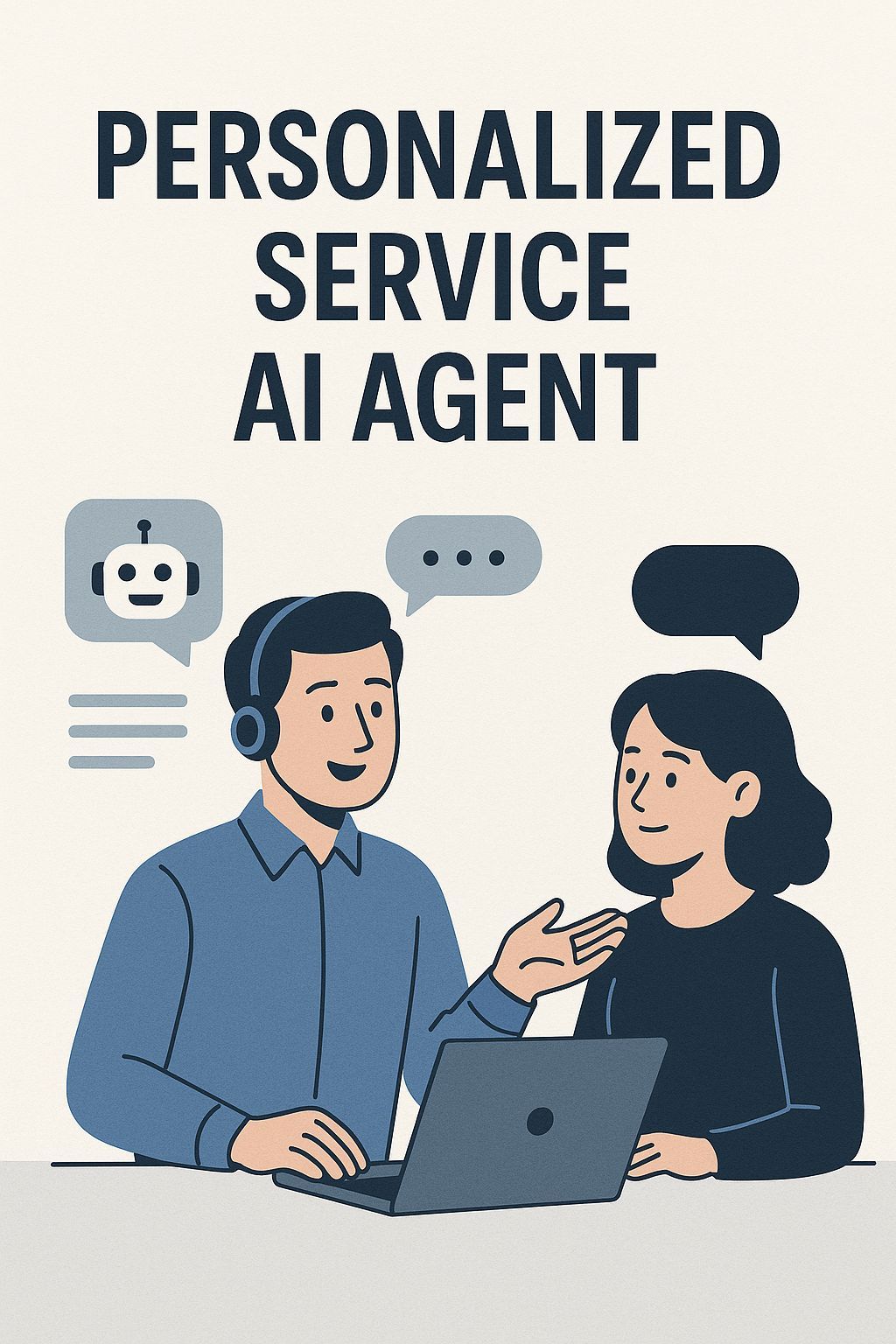

Orange County HVAC Google AI Overview Domination: 7 Proven Strategies to Capture Featured AI Results




